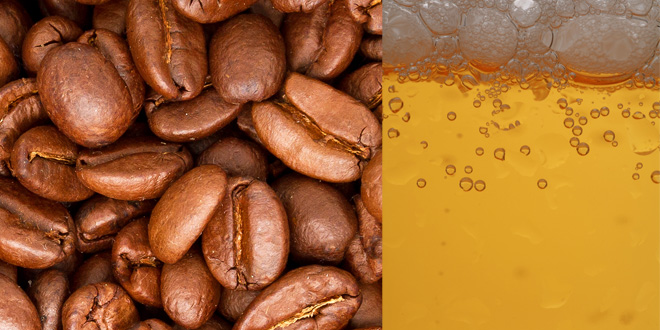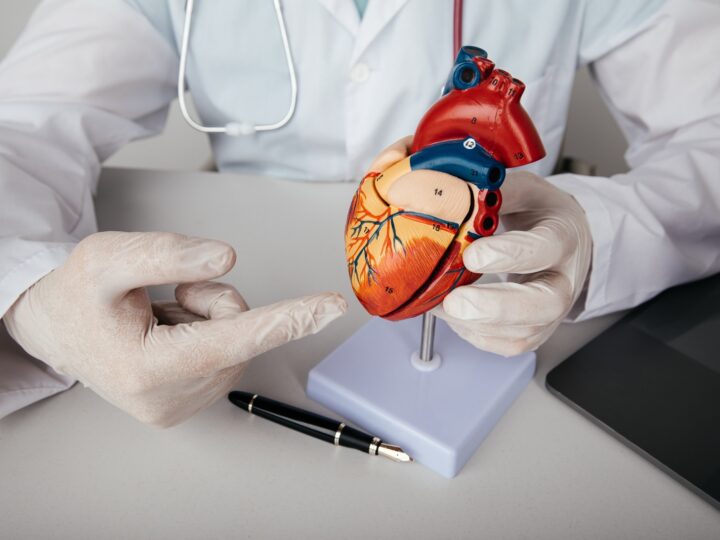It is well accepted that coffee perks you up and beer winds you down. Now a new Tel Aviv University study shows that the beverages may also have opposite effects on your genome.
Working with a kind of yeast that shares many important genetic similarities with humans, Prof. Martin Kupiec and his team at Tel Aviv University’s Department of Molecular Microbiology and Biotechnology found that caffeine shortens and alcohol lengthens telomeres — the end points of chromosomal DNA, implicated in aging and cancer.
“For the first time we’ve identified a few environmental factors that alter telomere length, and we’ve shown how they do it,” said Prof. Kupiec. “What we learned may one day contribute to the prevention and treatment of human diseases.”
Researchers from TAU’s Blavatnik School of Computer Science and Columbia University’s Department of Biological Sciences collaborated on the research, published in PLOS Genetics.
The researchers set out to expand on a 2004 study by Nobel Prize-winning molecular biologist Prof. Elizabeth Blackburn, which suggested that emotional stress causes the shortening of the telomeres characteristic of aging, presumably by generating free radicals in the cells. The researchers grew yeast cells in conditions that generate free radicals to test the effect on telomere length. They were surprised to find that the length did not change.
They went on to expose the yeast cells to 12 other environmental stressors. Most of the stressors — from temperature and pH changes to various drugs and chemicals — had no effect on telomere length. But a low concentration of caffeine, similar to the amount found in a shot of espresso, shortened telomeres, and exposure to a five-to-seven percent ethanol solution lengthened telomeres.
More laboratory work is needed to prove a causal relationship, not a mere correlation, between telomere length and aging or cancer, the researchers say. Only then will they know whether human telomeres respond to the same signals as yeast, potentially leading to medical treatments and dietary guidelines. For now, Prof. Kupiec suggests, “Try to relax and drink a little coffee and a little beer.”
Illustration photos by Shutterstock.com
Fighting for Israel's truth
We cover what makes life in Israel so special — it's people. A non-profit organization, ISRAEL21c's team of journalists are committed to telling stories that humanize Israelis and show their positive impact on our world. You can bring these stories to life by making a donation of $6/month.








